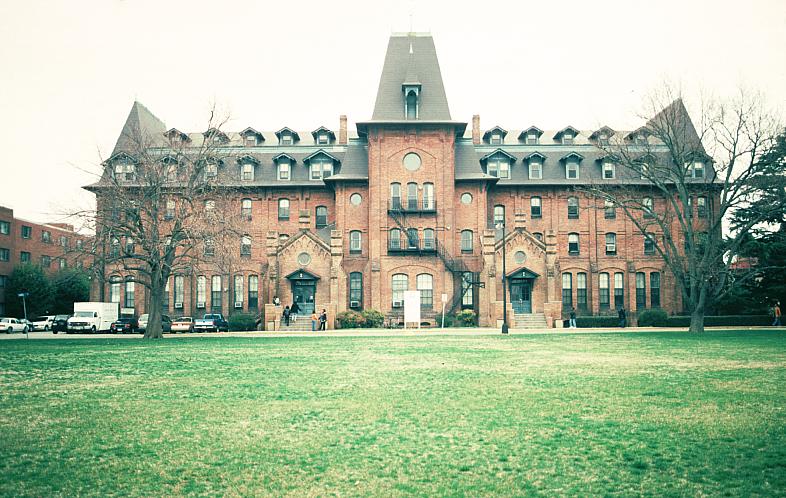University researchers revealed that Black college graduates are typically forced to take on much more student loan debt than their white counterparts.
At the end of what seems like an endless journey for a diploma, many Black college graduates are finding that their diploma was much more expensive than they could have even imagined.
Half of all Black graduates said they had to take on at least $25,000 in student loans before they completed their undergraduate degrees between 2000 and 2014.
Less than 35 percent of white graduates had to take on that same amount.
According to Cecilia Rouse, dean of the Woodrow Wilson School at Princeton University, the difference is all about income.
“It’s about the fact that there is a black-white gap in income and wealth, and that’s what underlies this gap in borrowing as well,” Rouse told The Atlantic.
With Black households typically having less income than white households, there is less money to invest in a child’s education.
The Atlantic reports that the average Black household in the U.S. makes less than one-tenth of the accumulated wealth of the average white household and that income gap has only grown over time.
According to researchers at Brandeis University, the wealth gap between Black and white households has tripled over the past 25 years.
With Black graduates drowning in debt after they graduate, it becomes nearly impossible for many of them to fully reap the benefits of the diploma they just borrowed thousands of dollars for.
“If the debt burden is too high, students from low- and moderate-income families will have trouble making the economic gains that we all know a college degree offers,” said Elizabeth Baylor, associate director for postsecondary education at the Center for American Progress.
To make matters worse, those same Black graduates are struggling to find well-paying jobs.
A large number of Black college graduates between the ages of 22 and 27 are being forced to settle for jobs that don’t require college degrees or severely underpay them.
Black graduates are paying more for their diplomas and getting paid less for their work despite earning degrees in their perspective fields.
With that troubling fact in mind, Rouse still hopes to encourage minorities to pursue higher education.
“Education remains a very solid investment for students in terms of increasing their earning capacity and future labor-market outcomes,” she said.
Rouse believes students should become more aware of the different repayment options they have available to them instead of refusing to pay for college at all.
State governments should also find ways to invest in education, according to Baylor.
“Students of color are increasingly a larger part of our higher education system,” Baylor said. “So as state investment in public colleges has retreated in the past decade, it’s important to make sure that those schools remain affordable to students of color who are a big share of public colleges.”










